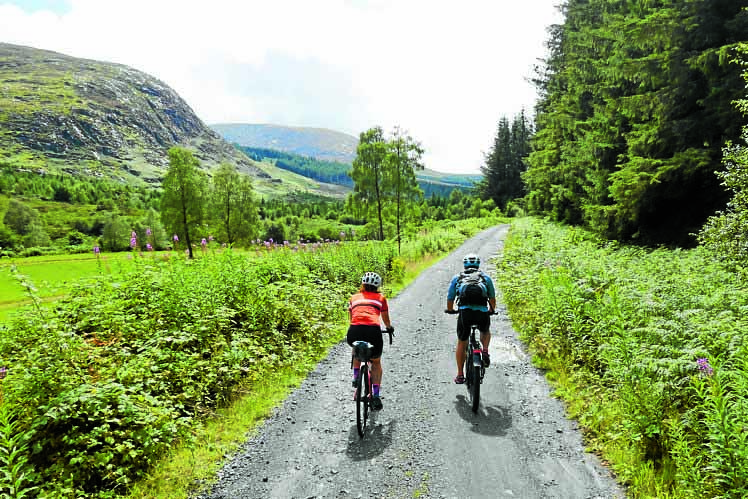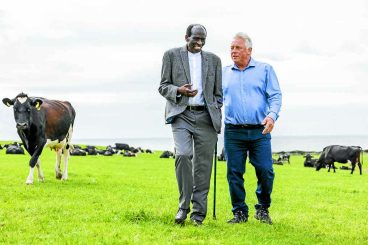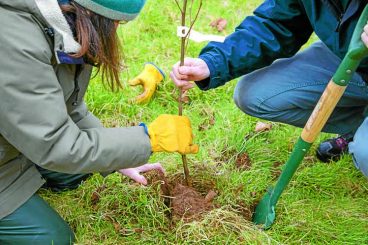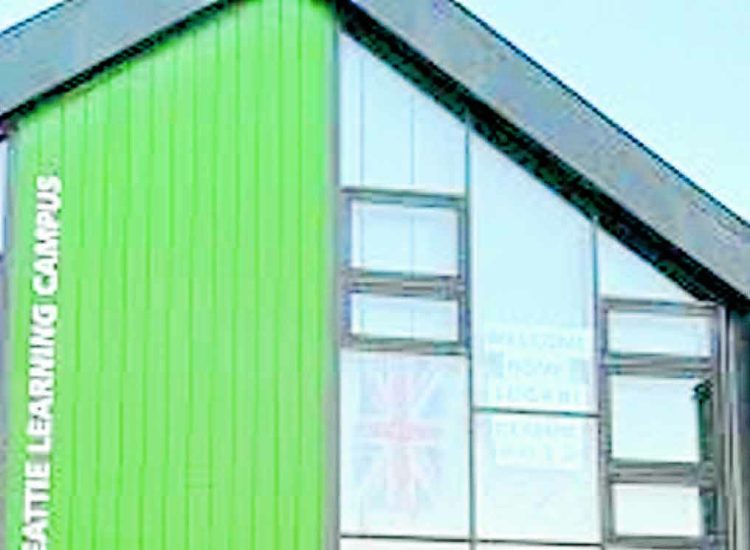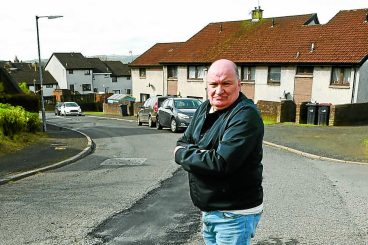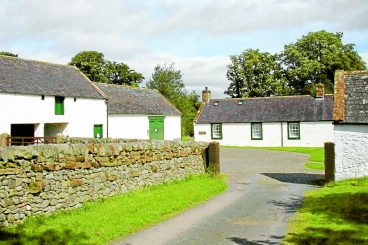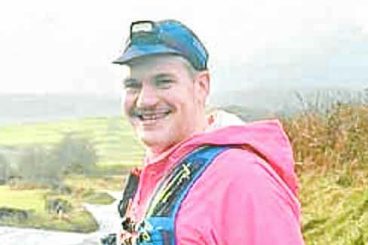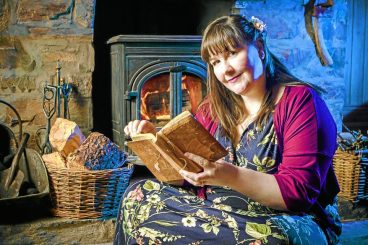Dr David McCollum is a population geographer at the university and he is currently completing a British Academy mid-career fellowship researching how Covid-19 might have changed the relationship between where people live and work.
Before the pandemic working from home was relatively uncommon and the population in Dumfries and Galloway was decreasing. But now, around a third of people are continuing to work remotely or in a hybrid pattern and the population appears to be on the rise.
David is looking into what opportunities for population growth this might present to the region which has faced demographic challenges in the past.
He said: “This research aims to understand how the relationship between where people live and work has been changed by the pandemic induced rise of remote and hybrid working.
“If people can work anywhere then this presents demographic and economic opportunities.
“I have been drawn to Dumfries and Galloway as there have been longstanding concerns about population sustainability here.”
Places appear to have attracted inward migration since the onset of the pandemic, reversing a longer-term trend of population decline.
David said: “These are often formerly urban dwellers, attracted to by the scenery and quality of life that the region offers. New residents bring spending power to the area and have been actively involved in community organisations.
“However, there are some concerns that this movement of people is contributing to challenges surrounding housing affordability in the region.
“We have to be careful when interpreting these statistics as they are estimates and only cover one year.”
David added: “These population changes also might not address the demographic challenges because many of those electing to move tend to be middle aged or retirees.
“Commentators reasonably assumed that the pandemic would result in fewer people living in and commuting to cities. However, there is little empirical evidence to back these assertions.
“It is also important to remember that most workers, even at the height of the pandemic, never worked from home. So we have to be careful to avoid overstating the extent to which remote and hybrid working has made urban centres redundant.
“The post-pandemic ‘new normal’ of working practices and associated residential preferences is still emerging, so it is difficult to say with certainty what its impacts will be.
“The evidence so far tentatively suggests that it presents opportunities for economic and demographic growth for places like Dumfries and Galloway.
“Potentially less positive impacts might be growing pressures on housing affordability and ongoing population ageing.”
Moving forward, David plans to speak speak with stakeholders to try and firm up his initial findings.
He added: “So far I have two meetings planned. The first is in Kirkcudbright at 2 pm on Thursday May 4 and the second is in Newton Stewart at 10 am on Friday May 5.”
Get in touch with David at [email protected] by Thursday April 27 if you plan on attending the event or to find out more.





